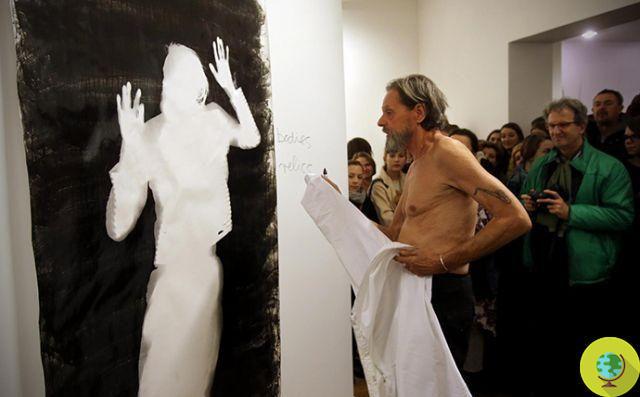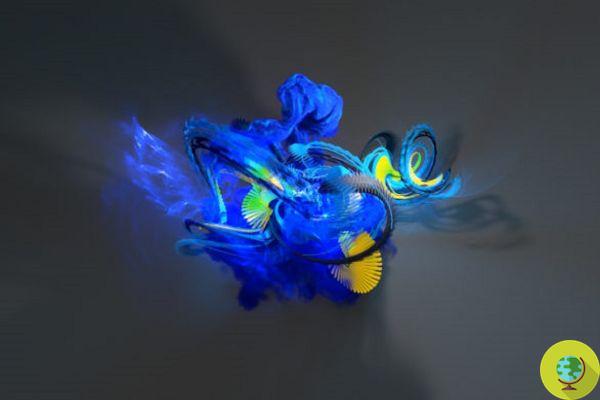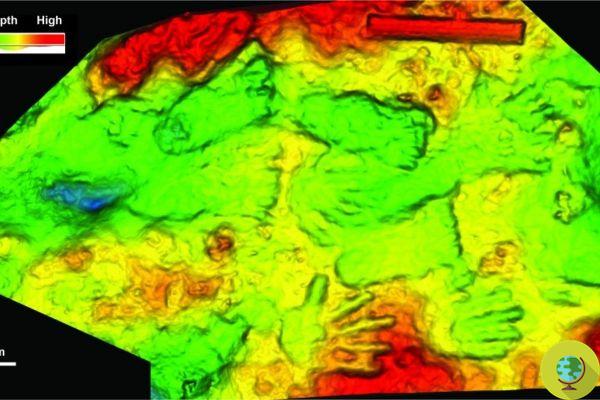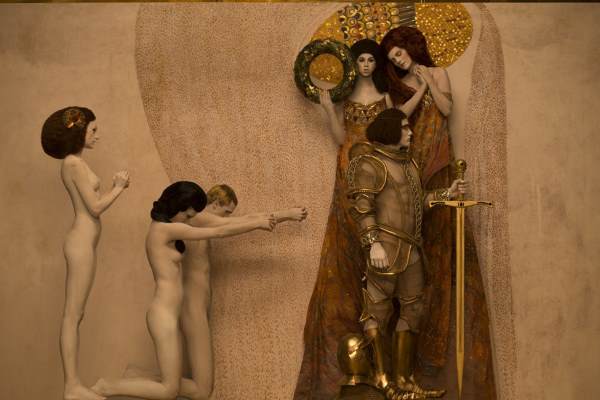The first modern humans left Africa earlier than previously thought, reaching Europe about 150.000 years earlier than previously known: two skulls found in Greece say just this, radically modifying what has hitherto been held to be established on the history of our species.
The first modern humans left Africa earlier than previously thought, reaching Europe about 150.000 years earlier than previously known: two skulls found in Greece say just this, radically modifying what has hitherto been held to be established on the history of our species. .
A research conducted by the Universities of Tübingen and Athens has identified a skull from the site of Apidima, in southern Greece, dating back to the dawn of Homo sapiens, dated to about 210.000 years ago: therefore it is the first modern human being known outside of Africa. Alongside this is the dating of Apidima 2, actually found by the University of Athens at the end of the 70s, which led to the establishment of an age equal to about 170.000 years.
The research team applied innovative approaches, including virtual reconstructions of damaged parts of the skulls. He also conducted numerous comparisons with various human fossils and used an extremely precise radiometric dating method.
“Apidima 2 has approx 170.000 years, we could say he was a Neanderthal - spy Katerina Harvati, who led the research - Surprisingly, Apidima 1 is even older, around 210.000 years, but it has no Neanderthal characteristics. Rather, the study revealed a blend of modern human and archaic characteristics, indicating a Homo sapiens antico".
These results therefore demonstrate that at least two groups of people lived in the Middle Pleistocene in what is now southern Greece: a first population of Homo sapiens and, subsequently, a group of Neanderthals (who have mixed with other hominids). So the first humans migrated from Africa much earlier than ever thought, showing 150.000 years older of the oldest modern human specimens known in Europe until now.
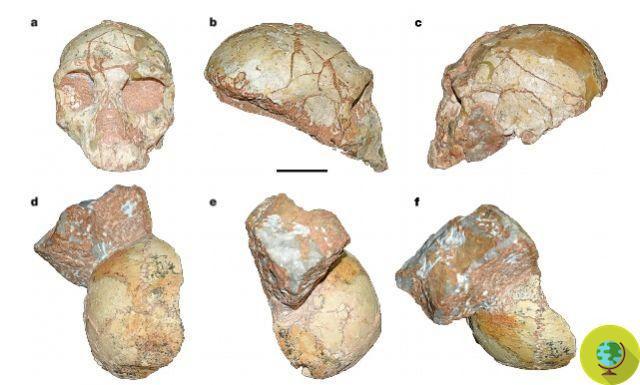
Photo: Nature
"We hypothesize that, as in the Near East, the first modern human population represented by Apidima 1 was probably replaced by Neanderthals, whose presence in southern Greece is well documented, including the skull of Apidima 2 from the same site - explains the Harvati - but even the Neanderthals did not have an easy life: in the late Paleolithic, about 40.000 years ago, the newly arrived modern humans settled in the region, as in the rest of Europe [...] Neanderthals became extinct in this period " .
The Apidima cave was excavated in the 70s and 80s by the University of Athens Museum of Anthropology. Founded in 1886, the museum is one of the first of its kind in Europe and has played an important role, not only in research but also in informing the general public.
These excavations an excellence. "This is another example of the cutting-edge research of the University of Athens - concludes the director Kouloukouss - We are very happy that these discoveries are now receiving international awards, resulting from the successful collaborative research led by our institutions ".
The work was published on Nature.
Read also:
- The revenge of Neanderthal man: he was the inventor of rock painting (and not the Sapiens)
- Shield-croc: first ancestor of the crocodile discovered
Roberta de carolis
Cover: University of Tübingen








